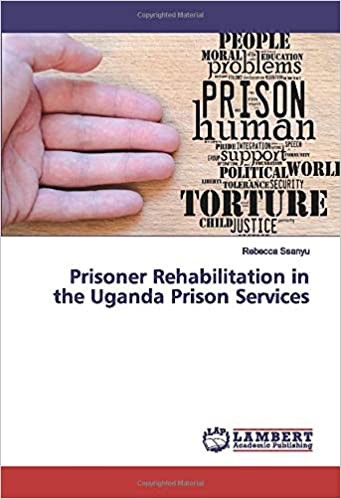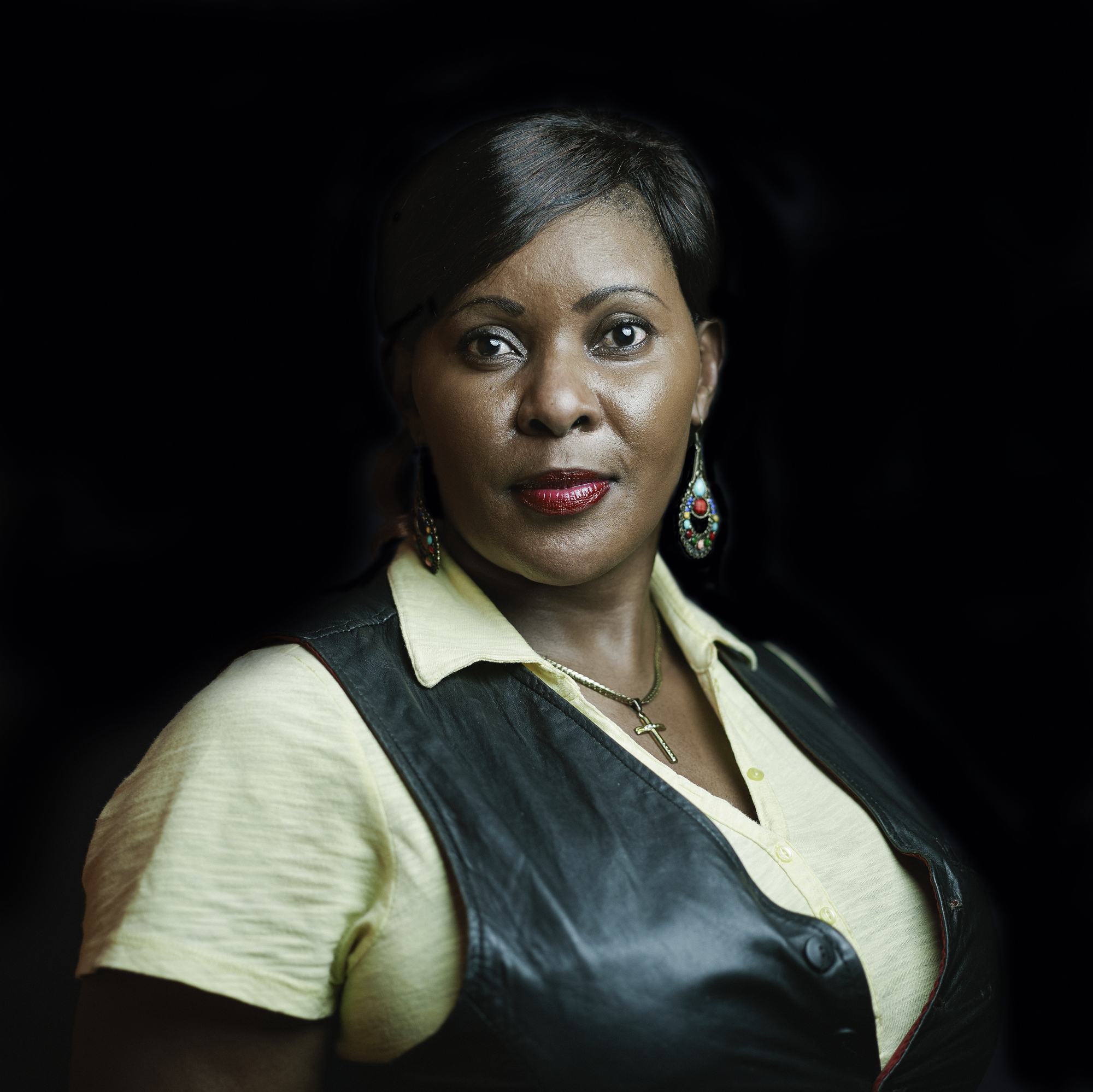09
SUSAN KIGULA
OUGANDA
Susan Kigula
16 years in prison, including 11 and a half on death row
Released in 2016
Arrested in 2000 and sentenced to death in 2002 in Uganda for killing her husband, Susan Kigula never stopped claiming her innocence. Founder of a prisoners’ choir on death row, a law graduate from London University, she was finally released after fifteen years in prison in January 2016. She has since founded the Susan Kigula African Child Foundation.
Uganda has not executed since 2005, but is again considered retentionist since late 2020 due to its vote against the UN Resolution calling for a universal moratorium on the use of the death penalty. Thanks to an appeal by Susan Kigula on behalf of all death row prisoners in Uganda, the Constitutional Court ruled in 2009 that the mandatory death penalty is unconstitutional as it violates the right to a fair trial; the execution of a death row prisoner more than 3 years after his or her final sentence; and execution by hanging. The effect of this landmark ruling has been to restore judicial discretion over sentencing, reduce the number of death sentences and reduce the number of people on death row through commutation or review of their sentences. The number of people on death row has fallen from 431 in 2012 to at least 133 in 2020. Africa is considered the next abolitionist continent. The most recent abolitions were in Chad and Malawi in April 2020 and April 2021 respectively. Between 2019 and 2020, the number of executions in sub-Saharan Africa fell by 36% and commutations of death sentences increased by 87%.[1]
This would not have been possible without Susan Kigula's determination to fight and help her fellow prisoners. The death penalty is deeply incompatible with rehabilitation and to fight this fate, Susan decided to satisfy the need and desire to learn that animated her and her fellow prisoners, most of whom were illiterate and non-English speaking. She participated in the prison school as a student and teacher. It was then that Alexander McLean of the African Prisons Project offered her the opportunity to study for a law degree at the University of London, which she achieved through determination and self-discipline. Singing, as part of the death row prisoner' choir, also helped her to soothe and resist, and to raise awareness across the country by broadcasting messages against the death penalty from prison.
[1] Source Amnesty International : La peine de mort en 2020. Faits et chiffres | Amnesty International
- BOOK

Prisoner Rehabilitation in the Uganda Prison Services
Author: Rebecca Ssanyu
Publication date: July 2019
Edited by: Lambert
This research was motivated by my previous work as a pro bono counsellor in Uganda’s prisons, during which time I found that prisoners had many needs that they claimed were not being met by the prison system. It was profoundly clear that so much goes on inside the prison walls that is unknown, as there is hardly any information other than what is written in the newspapers. This research is therefore an attempt to create insight into the experiences of prisoners and the efforts of the prison services to transit from a punitive to a correctional system. The research therefore delves into the policy and legal underpinnings of the prison service in Uganda, attempts to implement the policy, challenges experienced by both policy implementers and prisoners; and prospects for the future of prisons in Uganda. It is my hope that this research is a useful addition to the body of knowledge on correctional rehabilitation in not only Uganda and and East Africa, and the entire continent of Africa.
- documentaire
Susan Kigula shares her story “Life in Prison and a Second Chance at Life” after 16 years on death row. She is a law graduate and travels the world to speak about the abolition of the death penalty.


